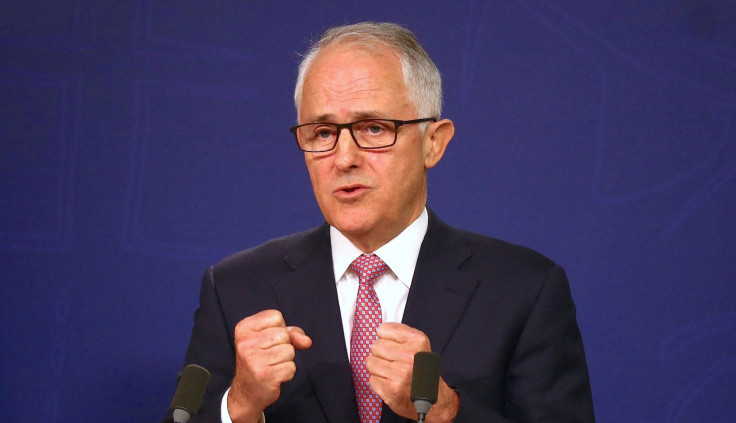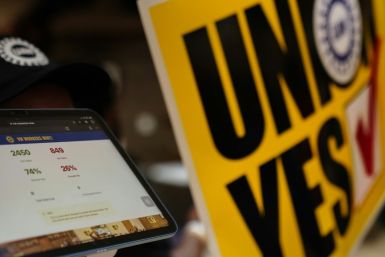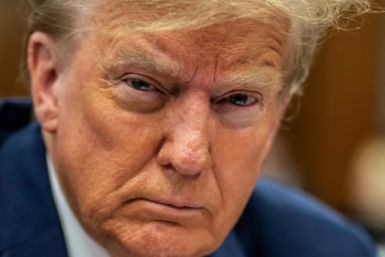Donald Trump's phone call with Malcolm Turnbull was the 'worst call by far'

US President Donald Trump slammed Prime Minister Malcolm Turnbull over the refugee deal between the two countries in their first phone call, according to reports from the US. Trump criticised the Australian prime minister for trying to send the “next Boston bombers” to the United States.
Trump referred to his phone call with Turnbull as “the worst call by far” of the day. This followed him lauding the phone calls he had with Russian President Vladimir Putin and three more leaders.
According to the Washington Post, the phone call meant to be hour-long was cut short to 25 minutes. “It's better that these things -- these conversations are conducted candidly, frankly, privately,” Turnbull said following the phone call. “If you see reports of them, I'm not going to add to them.”
Nevertheless, he emphasised that the relationship between the two countries “is very strong.” He added, “The fact we received the assurance that we did, the fact that it was confirmed, the very extensive engagement we have with the new administration underlines the closeness of the alliance. But as Australians know me very well — I stand up for Australia in every forum — public or private.”
“You may wish to speculate about policies and politics in Washington, that's not my role,” he said. “My job is today and every day to stand up for Australia and that's what I do.”
The phone call was reportedly described by Australian officials as “robust” and “shorter than expected.” According to one official, Trump hates the resettlement deal. The US president reportedly described the refugee deal to take 1,250 inmates from Manus Island and Nauru “the worst deal ever,” adding that he would “get killed” if he approved it.
The phone call was ended by Trump after Turnbull reportedly suggested they talk about foreign affairs, including the Syrian conflict. Nevertheless, a statement from the White House said, “Both leaders emphasised the enduring strength and closeness of the US-Australia relationship that is critical for peace, stability, and prosperity in the Asia-Pacific region and globally.”
The White House reversed on the refugee deal on Wednesday. Spokesperson Sean Spicer said Trump was still considering whether or not to go ahead with the deal. Speaking with the ABC, Spicer said if the deal were given a green signal, it would only be because of the United States' “longstanding relationship with Australia.”
Last week, Trump signed an executive order that denies people from seven countries entry into the United States. The countries were Iraq, Iran, Somalia, Somalia, Sudan, Syria and Yemen.






